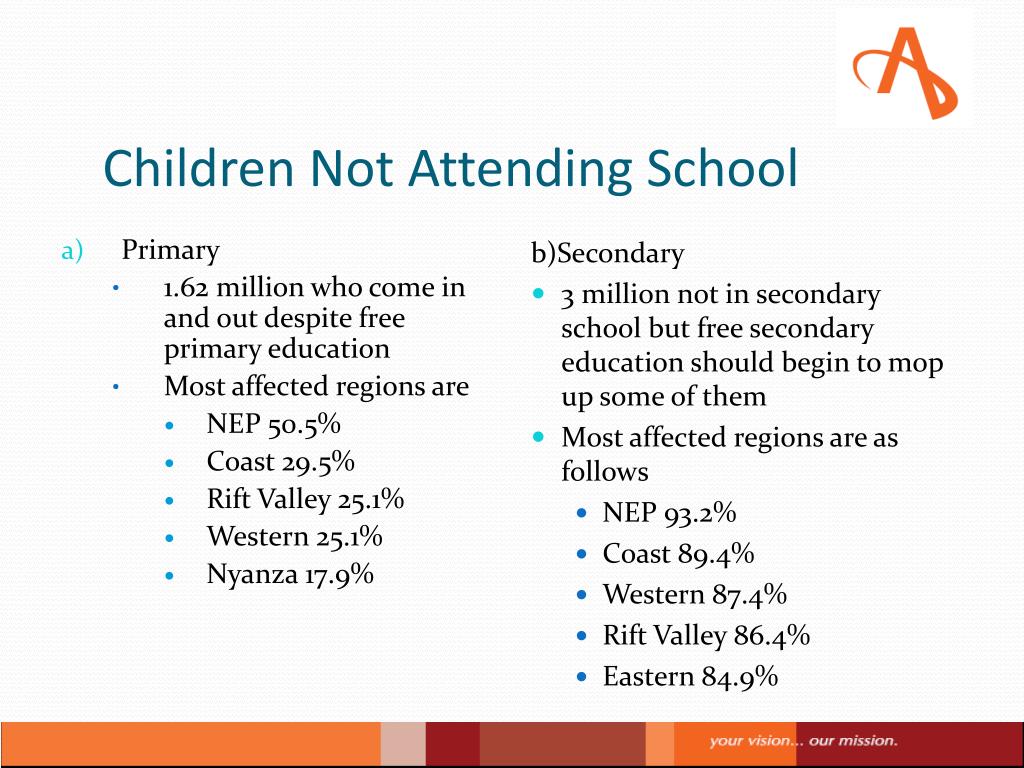

As educators and parents have had some time to adjust to the upheaval that the pandemic has caused, both the advantages and disadvantages are becoming clearer. A National Education Association (NEA) report estimates that 13.5 million children ages 5-17 don’t have access to these technologies.įamilies have also struggled to understand how online learning impacts the education and development of their children and overall family dynamics. Issues of accessibility have impacted lower-income families disproportionally as they may not have access to two requirements for online learning: high-speed internet service and a computer. Census Bureau’s Household Pulse Survey, 93% of households with school-age children have had experience with some form of socially distant learning during the COVID-19 pandemic, with a majority of those households using some form of online learning.įor many families, the shift has been difficult. Heller also serves on the editorial advisory board for Attention magazine.With the onset of a global pandemic, families have adjusted to a rapid move to online education. The coordinator for the Montgomery County chapter of CHADD, Dr. He specializes in the evaluation and treatment of ADHD and executive function issues. Heller, PsyD, is a licensed psychologist based in Maryland. Plus, your investment now will ensure greater long-term success and life satisfaction in the future for them, with less worry for you.Ĭarey A. However, helping your children to be more independent-even if you must take a few minutes a day to help them implement things-can end up taking things off your plate as they begin doing these things on their own. When the parent has their own executive function limitations, the parent’s challenges can further complicate things.

Whether my theory ends up being accurate or not, as the parent, you can help to further facilitate development of your child’s executive function skills during distance learning.

Furthermore, weaknesses in executive functioning underlie many of the core deficits associated with ADHD. Therefore, executive function skills are highly influential in learning and retaining information as well as in completing assignments. On the other hand, while many people focus on the negatives of distance learning, I think it is highly possible that children could potentially come out of the pandemic with stronger executive function skills.Įxecutive functioning refers to mental processes involved in planning, organizing, task initiation, working memory, and other related skills vital to daily life. Obviously, all these tasks can make learning more difficult. Additionally, in some instances, they have to teach themselves skills and material to a greater degree than if school were in person. With the continued pandemic, many children have to be responsible for logging into Zoom classes, finding classwork and homework in multiple platforms, such as Canvas and Google Classroom, checking email and portal messages, and using other methods as well to successfully navigate schoolwork. Could improvements in these critical skills be one of the silver linings for children attending school remotely? Here are strategies and tools that can help to offset weaknesses related to ADHD and foster independence.


 0 kommentar(er)
0 kommentar(er)
